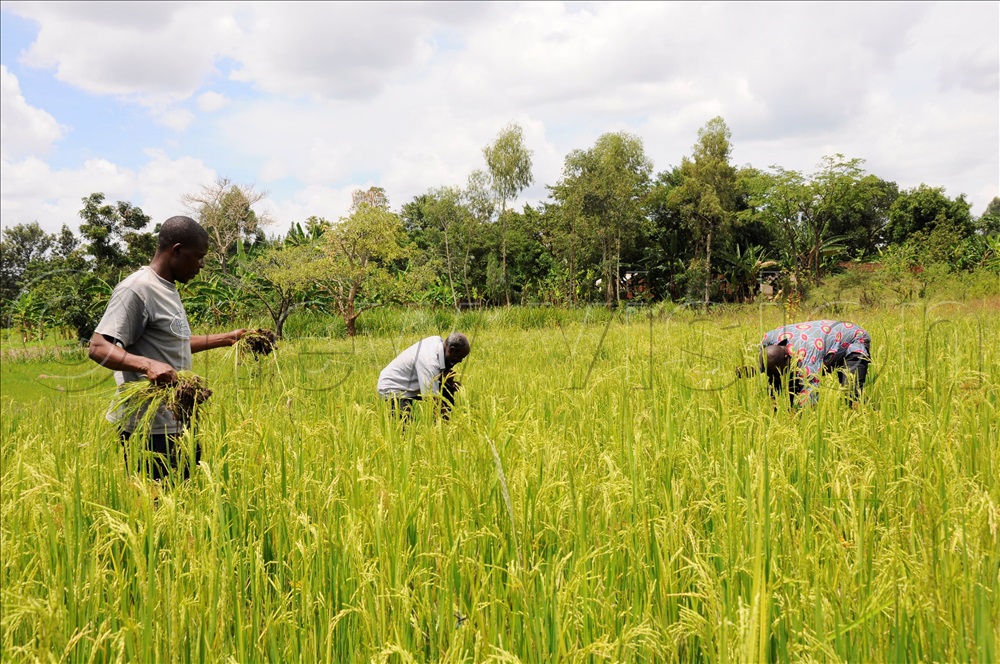By Umar Nsubuga
Now that the rains have come, farmers are encouraged to plant all types of crops to feed the nation.
Without dispute, agriculture is the driving engine of the national economy. Here as in the rest of Africa, the small-scale farmers dominate the farming industry.
Every passing day the small-scale farmers are struggling to stay afloat.
Even for farmers who are on relatively big pieces of land, growing bigger gardens of crops is no longer the universal solution to profitable farming.
Twaha Kakooza, a commercial farmer in Kayunga district says inputs and seeds are expensive and prices often nosedive. Despite the hardships, the farming industry must survive.
“To solve the current problems faced by the Ugandan farmers, it is necessary to look at the performance of the agricultural industry on a larger scale. From the outset, it is important to note that because of the liberalisation of economies and globalisation of trade, there is free movement of goods and services,” Kakooza explains.

The decline in prices of major export commodities like coffee, cocoa, tea, and others directly affected local prices in the last few years.
This means that farmers received less money for more volumes of traditional export crops sold.
On the other hand, farmers have stiffer competition in the non-traditional crops. Our prospects on the non-traditional export commodity front are indeed bright. For far too long, too much lip service has been paid to the critical question of quality.
Quality products create confidence and higher prices in the market.
Ronald Kyozira another commercial farmer in Bulunguli village in Bugweri district says there is a lot of false talk about the superior quality of Ugandan fruits and vegetables.
“The truth is that they have the potential to be among the world’s best, but they are still a long way to get up there. Take oranges and mangoes for instance”.
According to Kyozira, the current oranges we produce need a lot of care. However, they grow by the grace of God and consequently, the fruits are diseased.
There are pure organically grown oranges but no organic consumer in the developed world will volunteer to eat them even for free.
Mike Senoga an economist says our farmers should brace themselves to compete with larger producers like South Africa. They are eating into the market right under our noses.
They have already carved a niche in the lucrative urban market here. Tonnes of appetising oranges, apples, apricots, grapes and other fruits sell like hot potatoes in the supermarkets and streets in Kampala.
It is a consistent supply of quality produce that is doing the trick. Senoga says the local farmers need to get organised for the competition ahead.
The future of the industry is not to lament, but to lay concrete strategies to survive in a cutthroat competitive atmosphere.
For every market that we enter, we must endeavour to stay there. Ugandan maize has entered the Kenyan and Sudan markets.
This should not be a one-off. By supplying a regular amount of superior quality maize we can stay in the market in the East African region for a very long time.
We have the advantage and the capacity to produce huge volumes of maize that we are unable to consume.
There is no reason why from maize we cannot move to cassava flour, then sweet potatoes, sim-sim and others maintaining excellent quality throughout.





